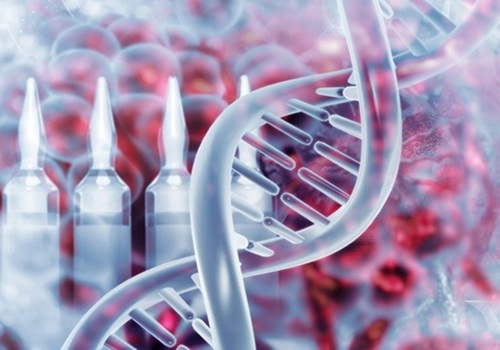CRISPR-TB Blood Test to Enable Early Disease Diagnosis and Public Screening
Posted on 22 Jan 2025
Tuberculosis (TB) continues to be a leading cause of global mortality, with 10.6 million new cases and 1.6 million deaths annually. Diagnosing TB remains difficult, with smear microscopy offering only moderate sensitivity and specificity, and culture methods having slow sample-to-answer times. Though newer tests like Elispot, Elisa Blood assays, and PCR assays have shown promise, they have not significantly impacted global TB detection due to their limitations. Now, a breakthrough has been made with the first qualitative real-time polymerase chain reaction (PCR) assay that integrates Clustered Regularly Interspaced Short Palindromic Repeats (CRISPR) technology to detect Mycobacterium tuberculosis (Mtb) cell-free DNA (cfDNA) in human serum and EDTA plasma.
IntelliGenome (Houston, TX, USA) has developed the first molecular diagnostic platform capable of detecting low-abundance target nucleic acids in blood. This platform enables precise detection of disease-specific cell-free DNA (cfDNA), making it ideal for early diagnosis and mass screening. The CRISPR-TB Blood test by IntelliGenome provides a rapid, accurate, and cost-effective way to diagnose both pulmonary tuberculosis (PTB) and extra-pulmonary tuberculosis (EPTB) in all patient groups. The test identifies species-specific TB cfDNA sequences directly from blood samples, eliminating the need for sputum collection, which is especially beneficial for vulnerable populations such as children, elderly patients, and the critically ill. IntelliGenome’s CRISPR-TB Blood Test has received Breakthrough Device Designation from the U.S. Food and Drug Administration (FDA).

"The FDA's Breakthrough Device Designation for our CRISPR-TB Blood Test is a significant milestone for IntelliGenome," said Wilson Zhang MD MSc, CEO of IntelliGenome. “This recognition highlights our commitment to advancing innovative, accessible solutions for tuberculosis diagnosis and improving patient outcomes.”
Related Links:
IntelliGenome













